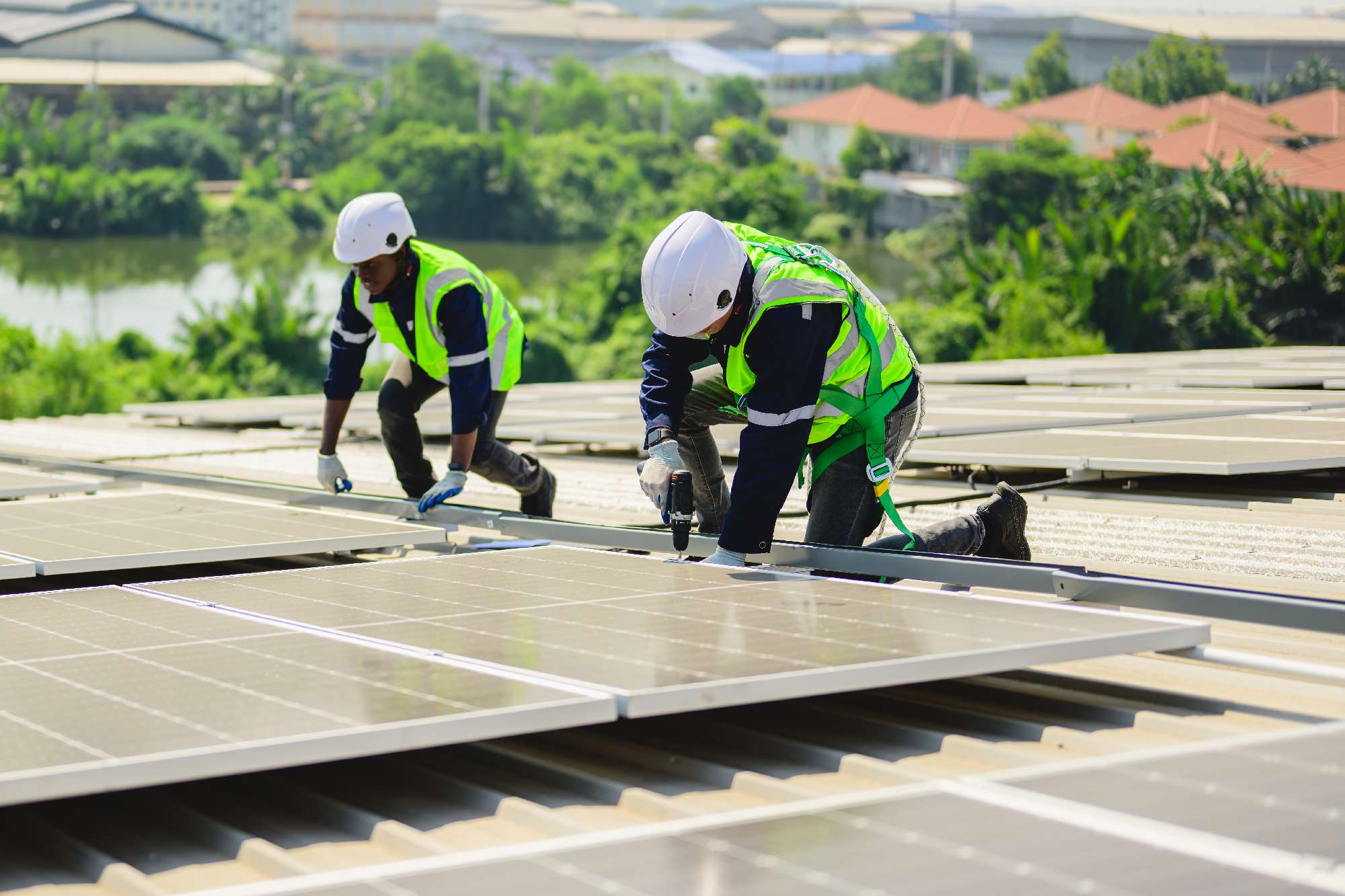Making the Most of Solar Tax Credits and Incentives in South Africa
As South Africa continues to embrace renewable energy solutions, the government has introduced various incentives, tax credits, and rebates to encourage the adoption of solar power. For homeowners and businesses considering a solar installation, these financial incentives can significantly reduce upfront costs and provide long-term savings on energy bills. In this article, we will explore the various government-backed solar incentives in South Africa and guide readers on how to maximize their savings while transitioning to clean and sustainable solar energy.
- Solar PV Tax Credit: One of the most attractive incentives for residential solar installations in South Africa is the Solar Photovoltaic (PV) Tax Credit. Under this program, homeowners can claim a tax credit for a portion of the qualifying solar system’s cost. This credit effectively reduces the amount of income tax that the homeowner owes, providing substantial savings.
- Section 12B Allowance: For businesses investing in solar energy, the Section 12B Allowance allows for accelerated depreciation of the solar system’s capital cost. This means businesses can claim higher depreciation allowances in the initial years of the solar system’s installation, resulting in reduced taxable income and increased cash flow.
- Net Metering: Net metering is an essential aspect of maximizing solar savings for both residential and commercial customers. Through net metering programs, any excess electricity generated by a solar system can be fed back into the grid, and the customer receives credits on their energy bill. These credits can offset future energy consumption from the grid, effectively reducing energy expenses.
- Renewable Energy Feed-in Tariffs (REFIT): South Africa’s Renewable Energy Feed-in Tariffs (REFIT) program allows homeowners and businesses to sell excess energy generated by their solar systems back to the grid. The utility company pays a fixed rate for this surplus electricity, creating an additional income stream and accelerating the payback period for the solar installation.
- Municipal and Provincial Incentives: Beyond national incentives, certain municipalities and provinces in South Africa may offer additional solar incentives, such as grants, subsidies, or reduced permitting fees. It’s essential for potential solar adopters to research and inquire about local programs that can further enhance their savings.
- Proper System Sizing and Monitoring: To make the most of these incentives, it’s crucial to properly size the solar system based on the property’s energy needs. An optimally sized system ensures that the solar tax credits and net metering benefits are fully utilized. Additionally, investing in a monitoring system can help track energy production and consumption, enabling homeowners and businesses to make informed decisions and maximize energy savings.
Conclusion: Taking advantage of solar tax credits and incentives in South Africa can significantly lower the financial barrier for solar adoption and lead to long-term energy savings. By combining government incentives with net metering and prudent system sizing, homeowners and businesses can maximize their solar savings while reducing their carbon footprint.
At Betta Solar, we are committed to helping our customers make the most of available incentives and seamlessly transition to solar energy. Our team of experts will guide you through the process, from understanding the incentives applicable to your location and circumstances to designing and installing a customized solar system tailored to your needs.
Contact us today for a free consultation, and let us help you unlock the full potential of solar energy, ensuring a brighter and more sustainable future for you and the environment.



